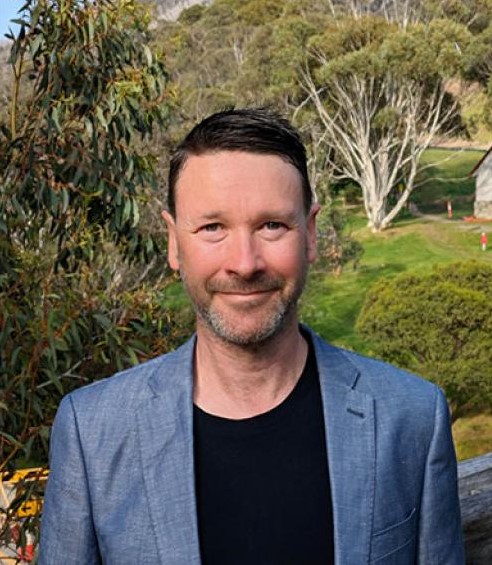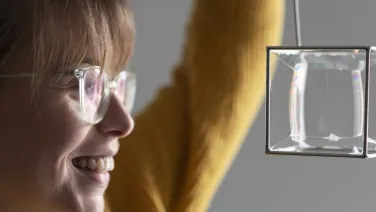Confronting misinformation in the midst of a global pandemic

In the throes of a global health crisis, Matt Nurse, soon to be Dr Nurse, stands as a beacon of dedication and resilience. His unique PhD and parenting journey through the tumultuous COVID-19 pandemic, is a testament to the power of perseverance and the relentless pursuit of knowledge.
As Matt prepares to don his graduation robes this week and graduate with a PhD in Science Communication, he has shared an insight into his research on dissemination of misinformation and his aspirations for a future where science communication is more crucial than ever.
Congratulations on your upcoming graduation. How can you describe your experience studying at ANU?
Anyone will tell you that doing a PhD during COVID-19 while homeschooling kids was like fighting with one hand behind your back and mud in your eye. Thankfully my family was really supportive, something which I’ll be eternally grateful for.
This also isn’t my first fight. I’m doing a PhD later in life after an interesting career as a communications director for a range of government organisations, so I knew that pushing hard would eventually pay off. And it did.
What have been some of the highlights?
There is a particular rush in finding out something that nobody else knows.
A highlight has been presenting my doctoral research to the Victorian Government and the Department of Prime Minister and Cabinet, improving their understanding of how to respond to a global pandemic.
Meeting great people at ANU has also been a highlight. My supervisor and panel were absolute rock stars and gave me the confidence to chase my hunches. It's been great working with a super smart and dedicated cohort of PhD students investigating emerging challenges in science communication.
What have been some of your main findings?
My main finding isn’t an easy pill to swallow. It’s that conspiratorial ideation – the willingness to embrace even contradictory conspiracies without evidence – is the clearest predictor that someone will share misinformation about COVID-19.
This is a big challenge for the science community, because it means that we need to work extra hard to develop relationships with people who see us as part of the problem.
What’s next for you?
I’ll be enjoying having Australia’s silliest name for a while that’s for sure. Introducing myself as Doctor Nurse is going to be fun!
Ultimately, I’d like to combine my experience as a communication strategist with my academic expertise in science misinformation to train upcoming leaders in the science community. If I can help them thrive in the increasingly challenging communication environment that we see all around us, I’d be very happy. As part of that, I’d love to keep doing research that prepares Australia for the next major emergency.
This article was first published by ANU Newsroom.



